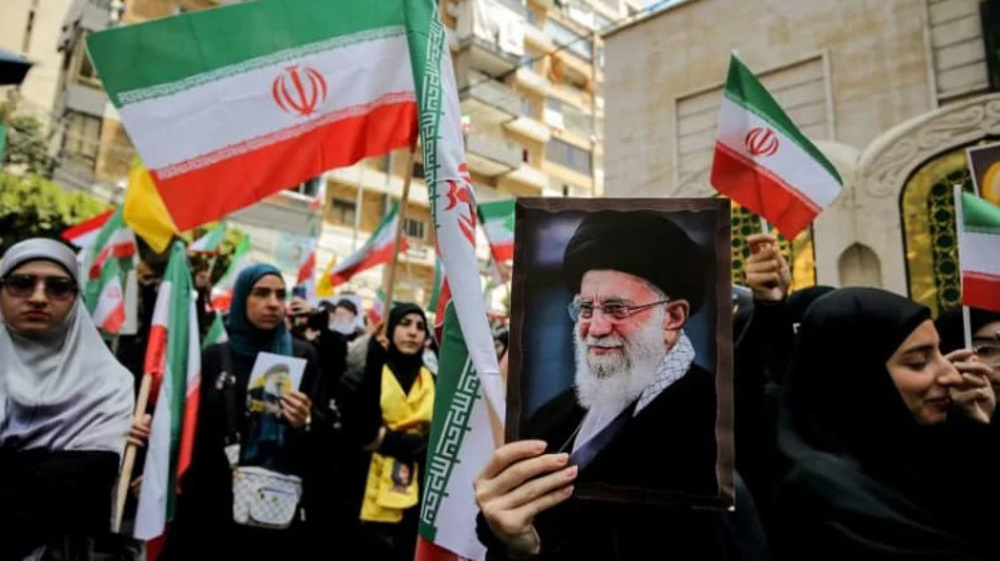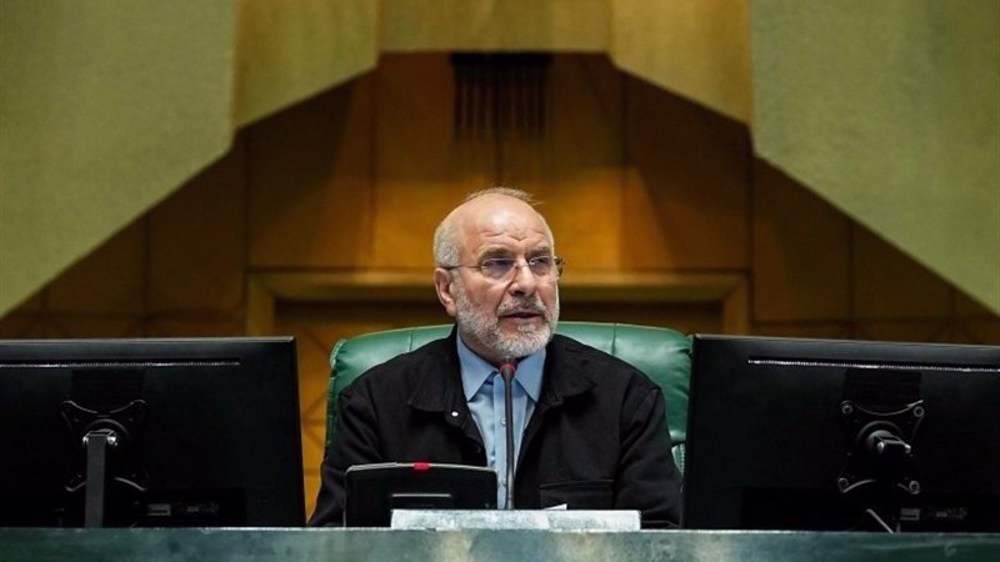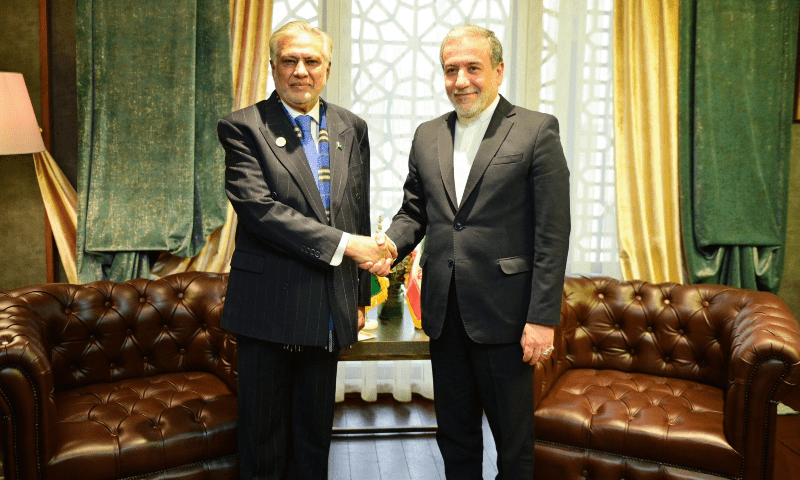Iran lauds Pakistan stance not to join Saudi war on Yemen
Iran has praised the decision by the Pakistani government not to join Saudi Arabia’s deadly military aggression against its impoverished neighbor, Yemen.
Secretary of Iran’s Supreme National Security Council (SNSC) Ali Shamkhani hailed the Pakistani government’s refusal to get militarily involved in Yemen during a meeting with Pakistani Prime Minister Nawaz Sharif in Pakistan’s capital city on Thursday.
The military approaches by some countries to impose their political will on their neighbors is a measure that is in line with stoking instability and insecurity in the region, Shamkhani said.
Back in April, Pakistani lawmakers voted against sending forces to help the Saudi aggression against Yemen. The Pakistani parliament passed a resolution that urges Islamabad to remain neutral vis-à-vis the conflict in Yemen, dismissing Saudi Arabia’s request to join its deadly strikes.
Back then, however, the Pakistani premier attended the parliament session to express his approval of the resolution.
The resolution came a day after Iranian Foreign Minister Mohammad Javad Zarif wrapped up a two-day visit to neighboring Pakistan.
“Military attacks, aerial bombings and the destruction of the infrastructure in this country (Yemen) cannot help resolve the crisis,” said Zarif during a meeting back then with Sardar Ayaz Sadiq, the speaker of the Pakistani parliament.

Yemen has been under Saudi strikes on a daily basis since March 26. The military aggression is supposedly meant to undermine the Yemeni Houthi Ansarullah movement and restore power to the fugitive former Yemeni President Abd Rabbuh Mansour Hadi, a staunch ally of Riyadh.
About 7,000 people have lost their lives in the Saudi air raids, and a total of nearly 14,000 people have been injured since the beginning of the Saudi war.
‘Influential Muslim countries’
In his meeting with the Pakistani premier, Shamkhani described Iran and Pakistan as two “influential countries in the region and the Muslim world,” saying, “Friendly relations and constructive cooperation between the two countries in the Muslim world have never been affected by a change in governments.”
The senior Iranian official also referred to the fight against terrorism as one of the pressing issues for both Tehran and Islamabad, saying that Western countries are in pursuit of the “managed exploitation” of terrorism to advance their agenda and interfere in the internal affairs of sovereign nations.
Unlike Western countries, Shamkhani said, “the Islamic Republic of Iran has, within the framework of its regional and international responsibilities, deployed all its capacity” to counter terrorism.
Shamkhani further referred to the peace talks in Afghanistan, border security and economic development as other areas of interest for mutual cooperation between Iran and Pakistan.
The Iranian official also said that the July agreement signed between Iran and the P5+1 group of countries on Tehran’s nuclear program and the potential removal of sanctions on Iran have laid the groundwork for closer economic cooperation between Tehran and Islamabad.
On July 14, Iran and the P5+1 countries – the United States, Britain, France, China and Russia plus Germany – finalized the text of an agreement dubbed the Joint Comprehensive Plan of Action (JCPOA) in the Austrian capital, Vienna.
‘Pakistan appreciates Iran role’
The Pakistani prime minister, for his part, appreciated Iran’s ‘active and constructive’ role in regional matters, especially in the campaign against terrorism.
Terrorism has turned into a global threat, the Pakistani premier said, adding that his government remains committed to the battle against the scourge.
Sharif also hailed the JCPOA, saying that new conditions will pave the way for an increase in Iran’s active political and economic roles in the region and the world.
Shamkhani arrived in Islamabad for an official two-day visit on Wednesday. The Iranian official is scheduled to meet with Pakistan’s Interior Minister Chaudhry Nisar Ali Khan, and newly appointed National Security Adviser Nasir Khan Janjua to discuss bilateral ties, regional developments and the fight against terrorism.
Trump issues severe warning to Canada over potential China deal
VIDEO | Press TV's news headlines
VIDEO | US & Israeli backed terrorism unleashed on Iran incurred massive destruction
Hezbollah calls on supporters to stage rally in Lebanon in solidarity with Iran
VIDEO | War with Iran?
Why Western left fails to grasp the link between imperialism, Zionism, and ‘regime change’ in Iran
VIDEO | Davos vs. Gaza: A sanitized narrative meets a harsh reality
Thousands brave freezing cold in Minneapolis to protest Trump’s immigration crackdown










 This makes it easy to access the Press TV website
This makes it easy to access the Press TV website